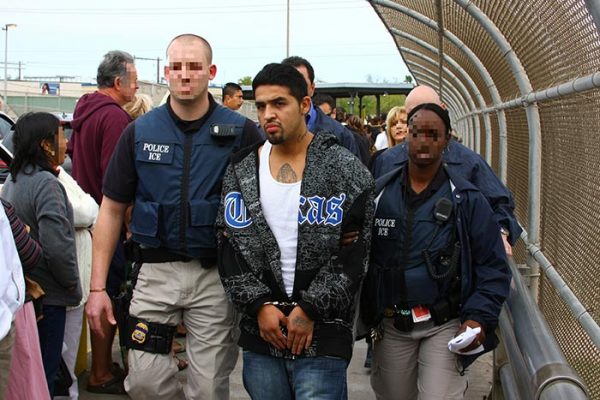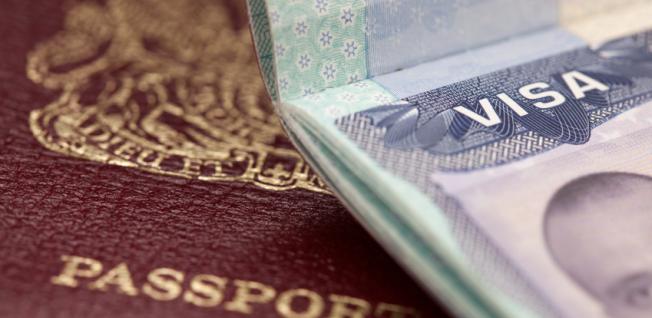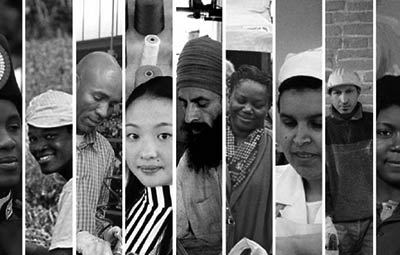There is a lot of confusing information about rights in this country. It is difficult for Americans to know their rights or to respond appropriately when stopped by immigration agents or police. This is all the more true for immigrants, who are less likely to speak English as a first language or to understand how to interact with law enforcement.
But it is extremely important to know your rights, as well as your responsibilities. Learning what you can and should do when you encounter authorities could mean all the difference between a positive or a negative experience, and can have a serious impact on your life. So let’s look at this guidance for immigrants, adapted from the American Civil Liberties Union (ACLU) Know Your Rights campaign.
Stopped for Questioning
No matter what your immigration status, an encounter with immigration agents or police will always go better if you stay calm, keep your hands visible, and do not resist or argue. Even if an officer violates your rights, avoid fighting. You can address errors in another setting, not on the street, as that is likely to lead to an arrest.
So, what are your rights then? They are as follows:
- You have the right to remain silent but if you wish to exercise this right you must say so.
- You have the right to refuse to consent to a search of your person, car, or home — but an officer with a “reasonable suspicion” that you have a weapon can pat you down without a warrant. Immigration agents or police need a warrant to search your home – if they show up with one, check it carefully. Officers may only search for the thing or person specifically sought in the warrant.
- You have the right to know whether you are under arrest and, if not, to calmly leave.
- You have the right to a lawyer if you are arrested. Ask for one immediately but understand that you may not meet with the attorney immediately. Do not speak to immigration agents or police until you talk to a lawyer and definitely do not sign any documents that you do not understand.
- You have constitutional rights regardless of immigration status.
Your Responsibilities in an Encounter
The ACLU suggests that your responsibility in an immigration agents or police encounter is to stay calm and be polite. You do not have to talk but you should not lie or present false documents. Likewise, do not interfere with police or obstruct justice but do remember the details of your encounter with police and file a written complaint or contact the ACLU if you believe your rights were violated.
Consult With Counsel
If you are stopped by immigration agents or police and arrested or placed in immigration detention, speak to a lawyer before you make any decisions. Many immigration attorneys consult for free or no fee and will be happy to assess your case. The law is complicated. Get help.










